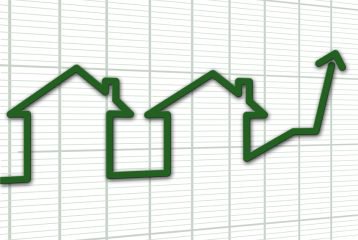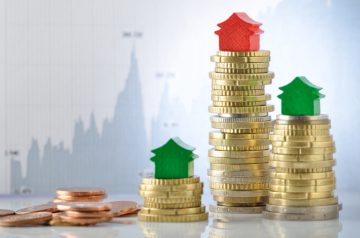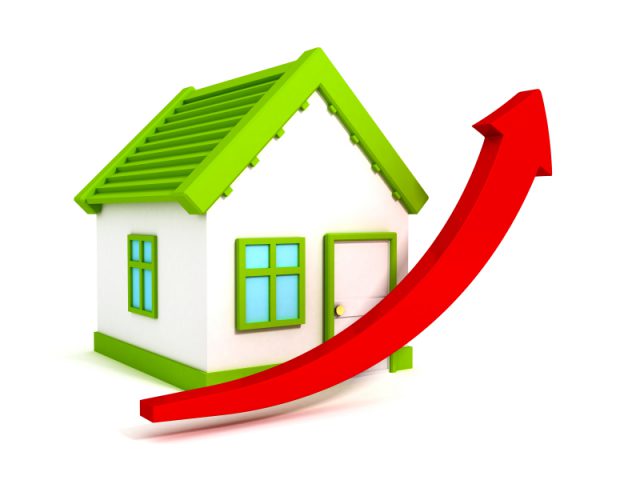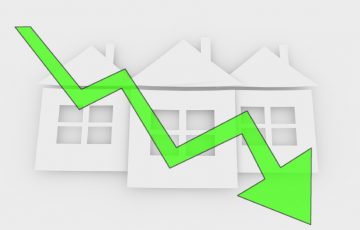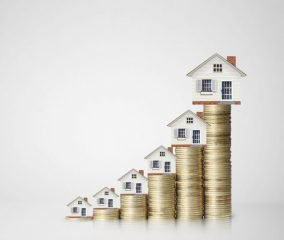House Prices Rise £3,000 in a Month
The average price of a home in the UK has risen by £3,000 in just one month, according to the latest data from the Office for National Statistics (ONS).
The ONS revealed that the annual rate of house price growth increased slightly to 5.7% in June, but this covers up huge regional differences. Prices grew by 9% in Northern Ireland over the past 12 months, but dropped by 0.6% in Scotland.
Annual growth in London is now 5.3%, but just a year ago, in August 2014, it was just under 20%.
The average price of a home in the UK is now £277,000, compared to £274,000 in May. However, the typical London homes costs £513,000, which is over three times the average price in the North East of England, at £156,000.
The ONS claimed its index reached a new record in June, surpassing the previous month’s high. The average house price is now £290,000 in England, £169,000 in Wales, £154,000 in Northern Ireland and £192,000 in Scotland. This was the first annual fall in Scottish prices for around two years.
The ONS states: “Following relatively strong growth during much of 2014, the rate of house price growth appears to have moderated in recent months.
“Despite this moderation, house price growth remains high relative to the movement of prices in general, likely reflecting a mismatch between strong demand and relatively weak supply throughout much of the UK.”1
Shelter’s Director of Campaigns, Roger Harding, explains the charity’s viewpoint: “From families trapped in expensive and insecure private renting, to young people stuck in their childhood bedrooms, a stable future is spiralling further and further out of reach for millions.
“Piecemeal schemes may help a lucky few, but the only way for the Government to turn this crisis around is to urgently invest in the genuinely affordable homes we need. The autumn spending review is their last chance to put real money towards this, and show they’re serious.”1
Head of Lending at the Mortgage Advice Bureau (MAB), Brian Murphy, says: “In June, there were no shocks or surprises for homebuyers with annual house price growth increasing by just 0.1 percentage point from the 5.6% seen in April and May. Compared to this time last year, when buyers were faced with annual house price rises of 10.2%, conditions are looking far more affordable.
“Growth is also no longer restricted to the south, with a 9.2% annual rise in the East of England being the main driving force behind these figures. At the same time, price pressure in the capital has eased remarkably since last year.”1
1 http://www.theguardian.com/money/2015/aug/18/uk-house-prices-up-3000-in-one-month-ons
